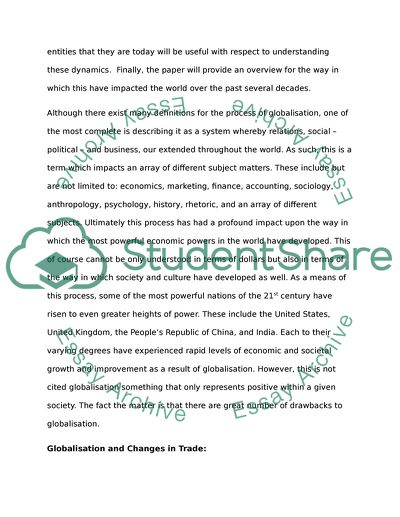Cite this document
(“Attitudes toward Economic Globilsation Essay Example | Topics and Well Written Essays - 2250 words”, n.d.)
Attitudes toward Economic Globilsation Essay Example | Topics and Well Written Essays - 2250 words. Retrieved from https://studentshare.org/social-science/1662959-what-is-globalisation-and-what-are-the-key-arguments-for-and-against-this
Attitudes toward Economic Globilsation Essay Example | Topics and Well Written Essays - 2250 words. Retrieved from https://studentshare.org/social-science/1662959-what-is-globalisation-and-what-are-the-key-arguments-for-and-against-this
(Attitudes Toward Economic Globilsation Essay Example | Topics and Well Written Essays - 2250 Words)
Attitudes Toward Economic Globilsation Essay Example | Topics and Well Written Essays - 2250 Words. https://studentshare.org/social-science/1662959-what-is-globalisation-and-what-are-the-key-arguments-for-and-against-this.
Attitudes Toward Economic Globilsation Essay Example | Topics and Well Written Essays - 2250 Words. https://studentshare.org/social-science/1662959-what-is-globalisation-and-what-are-the-key-arguments-for-and-against-this.
“Attitudes Toward Economic Globilsation Essay Example | Topics and Well Written Essays - 2250 Words”, n.d. https://studentshare.org/social-science/1662959-what-is-globalisation-and-what-are-the-key-arguments-for-and-against-this.


